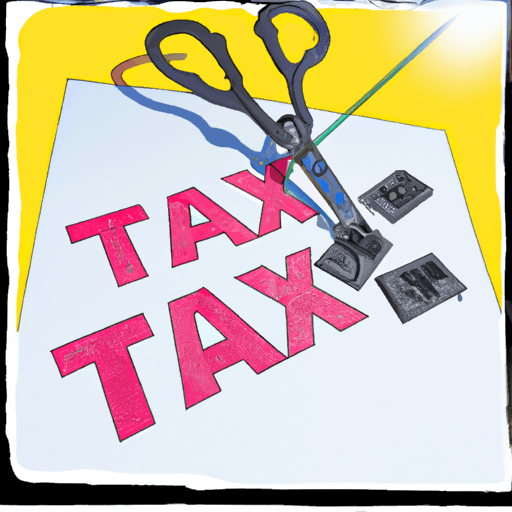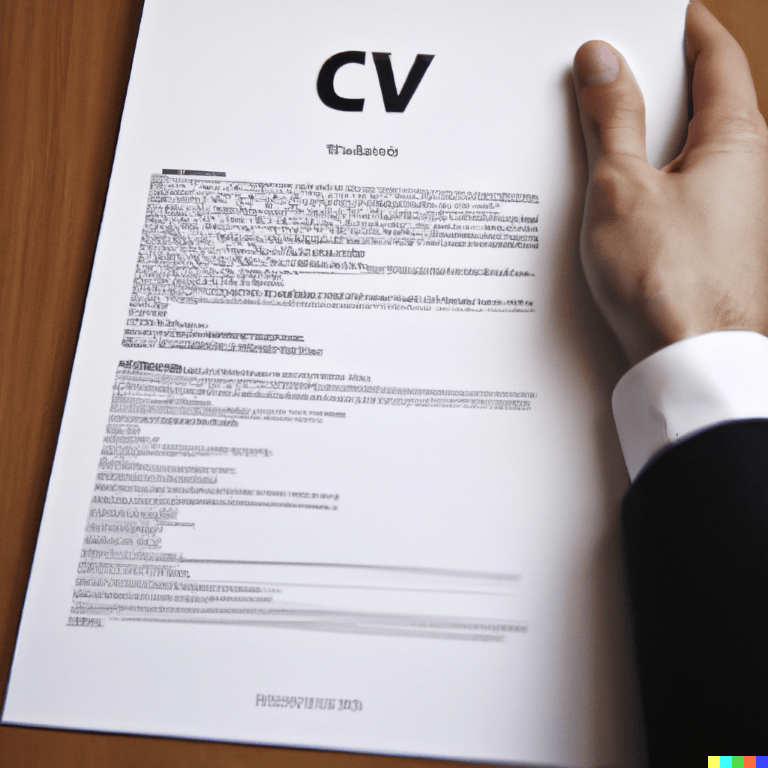How to avoid paying too much tax at the end of the financial year

“Save more, pay less: Make the most of your money with smart tax strategies!”
Introduction
At the end of the financial year, it can be difficult to know how to avoid paying too much tax. Fortunately, there are a few simple steps you can take to ensure that you don’t end up paying more than you need to. By understanding the tax system and taking advantage of deductions and credits, you can reduce your tax burden and keep more of your hard-earned money. In this article, we’ll discuss some of the best ways to avoid paying too much tax at the end of the financial year.
Understanding Tax Planning Strategies to Help You Avoid Paying Too Much Tax
Tax planning is an important part of financial planning. It involves understanding the tax laws and taking advantage of them to reduce your tax liability. By taking the time to understand the tax laws and how they apply to your situation, you can save yourself a lot of money in taxes.
One of the most effective tax planning strategies is to maximize your deductions. This means taking advantage of all the deductions available to you, such as those for charitable donations, medical expenses, and home office expenses. By taking advantage of these deductions, you can reduce your taxable income and, in turn, reduce your tax liability.
Another tax planning strategy is to take advantage of tax credits. Tax credits are available for a variety of expenses, such as education, childcare, and energy-efficient home improvements. By taking advantage of these credits, you can reduce your tax liability even further.
You can also reduce your tax liability by taking advantage of tax-deferred investments. These investments allow you to defer taxes on the income earned until you withdraw the money. This can be a great way to save for retirement or other long-term goals.
Finally, you can reduce your tax liability by taking advantage of tax-advantaged accounts. These accounts, such as 401(k)s and IRAs, allow you to save for retirement while deferring taxes on the income earned.
By taking the time to understand the tax laws and how they apply to your situation, you can save yourself a lot of money in taxes. By taking advantage of deductions, credits, and tax-advantaged accounts, you can reduce your tax liability and keep more of your hard-earned money.
How to Make the Most of Tax Credits to Reduce Your Tax Burden
Tax credits are a great way to reduce your tax burden and maximize your tax refund. With the right strategy, you can make the most of tax credits to reduce your tax bill and get the most out of your refund. Here are some tips to help you make the most of tax credits:
1. Understand the different types of tax credits. There are two main types of tax credits: refundable and nonrefundable. Refundable credits can be used to reduce your tax bill to zero and can result in a refund even if you don’t owe any taxes. Nonrefundable credits can only reduce your tax bill to zero, but cannot result in a refund.
2. Research the available tax credits. There are a variety of tax credits available, including credits for education, childcare, energy efficiency, and more. Make sure to research the credits that you may be eligible for and determine which ones will provide the most benefit.
3. Take advantage of tax credits for dependents. If you have dependents, you may be eligible for tax credits such as the Child Tax Credit and the Dependent Care Credit. These credits can help reduce your tax burden and maximize your refund.
4. File your taxes early. Filing your taxes early can help you take advantage of tax credits and maximize your refund. The sooner you file, the sooner you can get your refund and start putting it to good use.
By following these tips, you can make the most of tax credits to reduce your tax burden and maximize your refund. With the right strategy, you can get the most out of your refund and put it to good use.
Strategies for Minimizing Your Tax Liability at the End of the Financial Year
1. Make Use of Tax Deductions: Tax deductions are a great way to reduce your taxable income and lower your tax liability. Look into the deductions available to you and make sure you take advantage of them.
2. Contribute to Retirement Accounts: Contributing to retirement accounts such as a 401(k) or IRA can help reduce your taxable income and lower your tax liability.
3. Invest in Tax-Advantaged Accounts: Investing in tax-advantaged accounts such as a Health Savings Account (HSA) or 529 plan can help you save on taxes.
4. Take Advantage of Tax Credits: Tax credits are a great way to reduce your tax liability. Look into the credits available to you and make sure you take advantage of them.
5. Defer Income: Deferring income until the following year can help reduce your taxable income and lower your tax liability.
6. Maximize Your Charitable Contributions: Making charitable contributions can help reduce your taxable income and lower your tax liability.
7. Utilize Tax Software: Utilizing tax software can help you maximize your deductions and credits and minimize your tax liability.
8. Hire a Tax Professional: Hiring a tax professional can help you maximize your deductions and credits and minimize your tax liability.
How to Take Advantage of Tax Deductions to Reduce Your Tax Bill
Tax deductions are a great way to reduce your tax bill and keep more of your hard-earned money in your pocket. Taking advantage of deductions can be a great way to save money and reduce your tax burden. Here are some tips to help you maximize your deductions and reduce your tax bill.
First, make sure you understand the different types of deductions available. There are deductions for charitable donations, medical expenses, and home office expenses, among others. Knowing which deductions you qualify for can help you maximize your savings.
Second, keep track of all your expenses throughout the year. This includes any charitable donations, medical expenses, and home office expenses. Keeping track of these expenses will make it easier to claim deductions when you file your taxes.
Third, make sure you are taking advantage of all the deductions you qualify for. This includes deductions for retirement contributions, student loan interest, and childcare expenses. Make sure you are taking advantage of all the deductions you qualify for to maximize your savings.
Finally, make sure you are filing your taxes correctly. This includes making sure you are claiming all the deductions you qualify for and filing your taxes on time. Filing your taxes correctly can help you avoid costly penalties and maximize your savings.
By taking advantage of tax deductions, you can reduce your tax bill and keep more of your hard-earned money in your pocket. Make sure you understand the different types of deductions available, keep track of your expenses throughout the year, and make sure you are filing your taxes correctly. By following these tips, you can maximize your deductions and reduce your tax bill.
5 Tips for Maximizing Your Tax Refund at the End of the Financial Year
1. File Early: The earlier you file your taxes, the sooner you can get your refund. Filing early also reduces the risk of identity theft and fraud.
2. Double-Check Your Return: Make sure you double-check your return for accuracy. This will help ensure that you get the maximum refund possible.
3. Take Advantage of Tax Credits: There are a variety of tax credits available that can help you maximize your refund. Make sure you take advantage of all the credits you qualify for.
4. Use Tax Software: Tax software can help you maximize your refund by finding deductions and credits you may have missed.
5. Invest in Retirement: Investing in a retirement account can help you reduce your taxable income and increase your refund.




